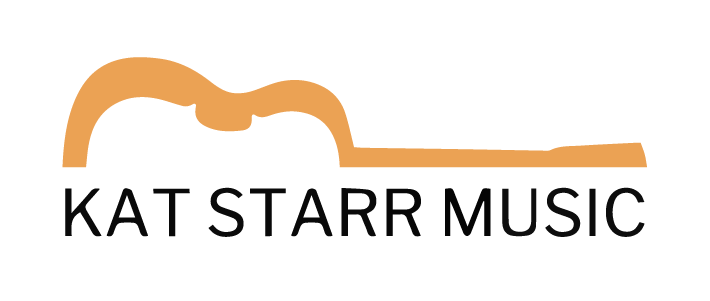A fun thing happened yesterday. I'm teaching 9-y-o V. He is learning a tune by ear for the first time which is challenging and I'm trying to get him to slow down. It's not just the fact that the tune I'm teaching him is an Air (a slow form by definition), it's that each mistake he makes during this process means it will take longer to get the correct sequence to stick. The more wrong notes, the muddier the water.
"Slow down" I say, repeatedly. "Ok," he says .... and goes just as fast haha!
Finally, I sit V down and I say something along the lines of:
"Look, here's the cycle. When we learn something new and we make a mistake, we tend to redouble our efforts, clench up, ‘try harder,’ go faster, and get a little frustrated. What do you think happens then? We make more mistakes because we're going faster and then we get more frustrated and go even faster and make more mistakes!
So when I tell you to slow down, I don't just mean this one time. I mean you must slow down your whole brain! You have to change your habit from I-messed-up-so-I-go-faster to I-messed-up-I-MUST-slow-down. This way when you mess up, your habit of slowing down enables you the time to play correctly the first time, your brain does not learn mistakes, and leaves you feeling more relaxed as well, which is a better state in which to learn. Do you trust me that I know what I'm talking about with this?"
“Yeah,” but his face is super skeptical.
So I asked him to play his piece by ear from the beginning - sloooooowwwwllyyyyy. He does. Slowly. For the first time the whole way through, in only two tries when it had been piecemeal and choppy before. It's now continuous because he's giving his brain time to think things through.
Afterward, I said, "Do you see how fast you did that when you went slow?" Then the light bulb went on over his head! He said, "So slow... is actually fast."
I have some variation of this conversation with each student at some point in my studio. This is absolutely fundamental to practicing an instrument and making any real progress. Students who have learned this have learned to have an important conversation with themselves. They’re listening to what they need in real time and flowing with instead of forcing against. They’re listening to that little voice inside that’s saying, “I don’t really get this yet, give me more time!” They’re being kind to that little niggling feeling that’s saying, “I’m about to make a mistake!” And the kinder they are to that voice, the more they work with it instead of against it.
We each come into each lesson or a practice session with some idea of how we want to sound - which is good! But in order to reach that sound, we must surrender our agenda of how long it ‘ought’ to take to get there and meet ourselves exactly where we are. Then the real fun begins.
